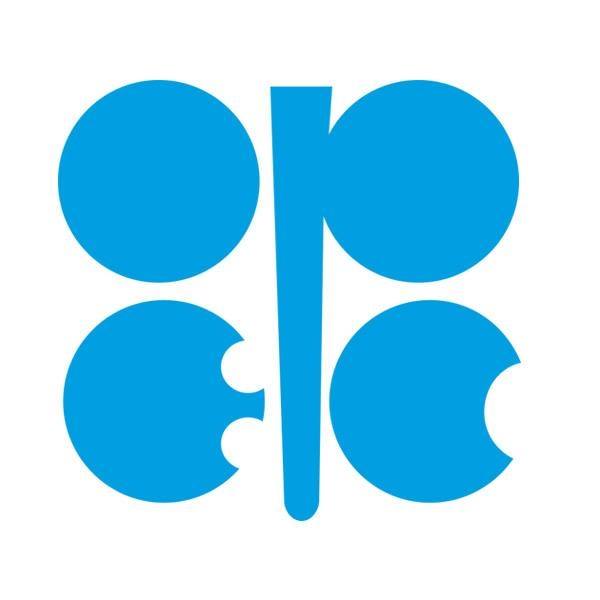Amid spiking oil prices, there was some relief as the oil prices came down to 12% on 9 March. The price came down after the UAE called on the Organization of the Petroleum Exporting Countries (OPEC) members to increase production.
The UAE also said that it is committed to the OPEC+ agreement. It also agrees to the monthly production adjustment mechanism. This statement was made by their energy minister. The statement was made after hours after the UAE Ambassador to the US said the country favours output increase.
The UAE Energy Minister Suhail al-Mazrouei tweeted “The UAE believes in the value OPEC+ brings to the oil market.”
Yousuf Al Otaiba, the UAE’s Ambassador to the US tweeted that his country favours an oil production increase and will be encouraging OPEC to consider higher output.
The US Secretary of State Anthony Blinken confirmed saying yesterday that the UAE was giving support for increased oil production.
OPEC+, comprising of the OPEC members and its allies, including Russia, has been producing 5.8 million barrels per day. Last week they said that the group would increase production by 400,000 barrels per day in April. However, this is a small number compared to Russia’s 10 million barrels per day of crude oil production.
On 8 March, the US government banned the import of Russian oil and natural gas. Europe which is heavily dependent on Russian supply is yet to impose a ban. The action was taken in protest against the ongoing Russian-Ukraine conflict.
If the UAE and Saudi Arabia can ramp up production in the coming days, the oil-related inflation can be curbed to some extent. Recently, the US government has increased pressure on the OPEC group to increase oil production. However, other OPEC members might not increase production immediately as they have not invested much to improve their infrastructure in recent years.
In an attempt to add in more crude oil supply, the US government is already talking to Venezuela to lift oil sanctions. There is also an attempt to seal Iran’s nuclear deal, and lift sanctions against Tehran, which can ease crude oil production.









